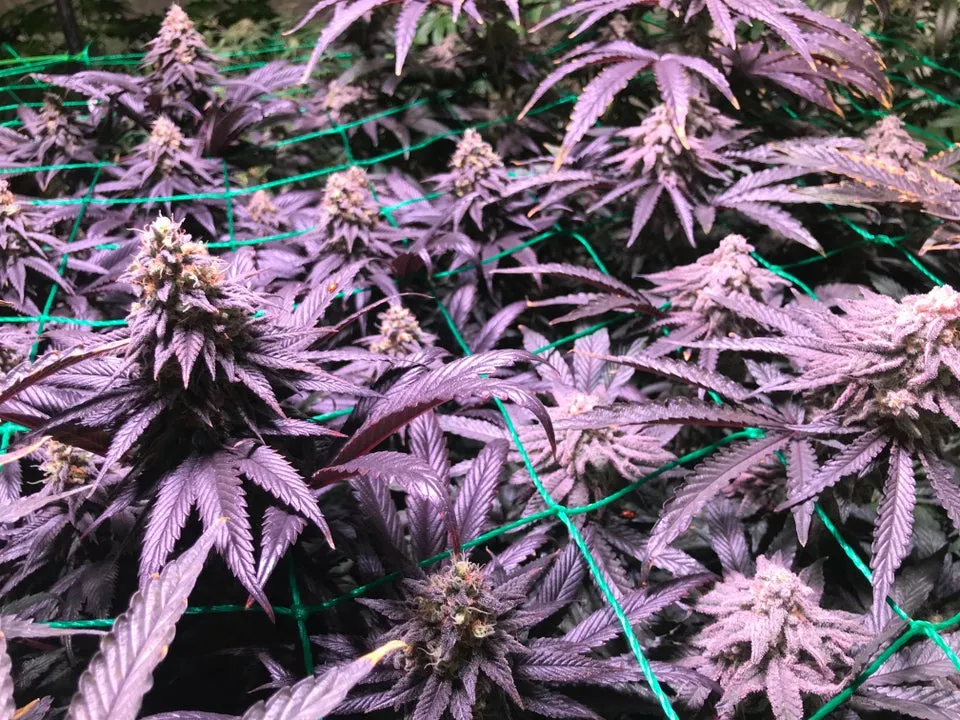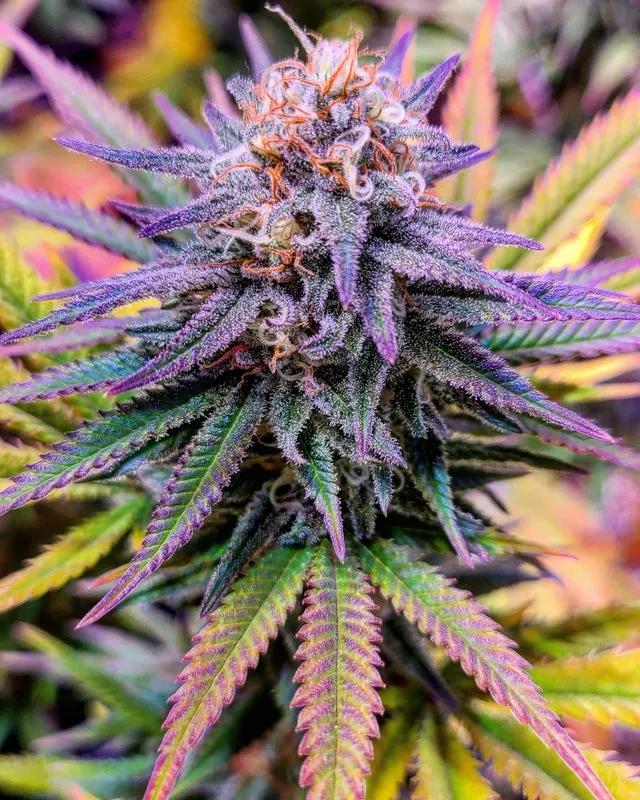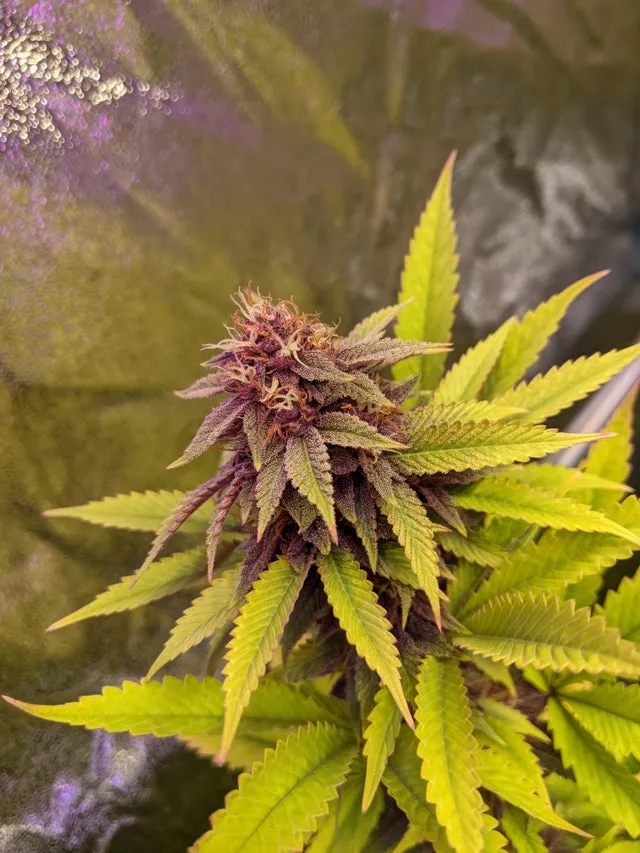Growing Organic Cannabis: Part 5

( Photo Credit: u/Comedyramen, Maine Pound Cake, day 49 of flower )
Macro Nutrients
(Quick recap of macro nutrients, before we get into Potassium)
Macro nutrients are going to make up the bulk of what your plants will consume, and this is going to be the main focus of your efforts to keep your Cannabis well fed as a grower.
A common misconception about the Macro Nutrients is they are N-P-K. They are not.
The macro nutrients are actually N-P-K-Ca-S-Mg:
- Nitrogen (N)
- Phosphorus (P)
- Potassium (K)
- Calcium (Ca)
- Sulfur (S)
- Magnesium (Mg)
In his excellent book "Teaming with Nutrients" Jeff Lowenfels wheels out an important artifact from agricultural history:
Justus Von Liebig, considered by most as the father of modern agricultural science, again contributed to the field in 1863 when he proposed the Law of the Minimum.
It states, “A manure containing several ingredients acts in this wise: The effect of all of them in the soil accommodates itself to that one among them which, in comparison to the wants of the plant, is present in the smallest quantity.”
In other words, plant growth is limited by the least abundant mineral, no matter how abundant the other minerals happen to be.

( Photo Credit: u/Express-Window-4067, Super Lemon Haze, day 47 of flower )
Potassium (K)
Cannabis loves her Potassium!
Potassium is a mineral that is most predominantly found in clay based soils, in which it can make up to 3% of the mineral content of clay soil. Potassium is highly water soluable, so in areas of high rainfall, potassium is often washed out of the soil in a process known as "the Potassium cycle" where it dissolves into water, collects in the ocean as runoff, evaporates off, and then falls back to earth with the rain.
Potassium is crucial for the development of terpenes! Deficiencies of potassium will result in plants that don't have much smell. Additionally potassium deficiencies will keep the bud from forming dense flowers, and will greatly suppress resin production. Yeah that's right, if you don't feed your plants the right amount of potassium, your "sticky icky" will be just "icky". So make sure to ramp up your Potassium feeding at the beginning of the flowering stage to keep up with your plants needs, and they will reward you with lovely nuggets!
Potassium is responsible for maintaining turgor in a plant, which is its internal water pressure that keeps the plant standing up. Potassium also plays a role in helping your plants maintain healthy, sturdy stems on your plants. Potassium is used in the process of transpiration, where it regulates the opening and closing of stomata which ultimately controls the uptake of water and nutrients, as transpiration is a hydraulically driven system of pushing water through a plant.
Potassium plays a role in photosynthesis, helping plants to synthesize carbohydrates, it also plays a role helping promote resistance to cold weather.
Feeding your plants Potassium is just as tricky as feeding them Nitrogen, it is a super crucial element, and it is easy to overdo it. Too much potassium will burn leaf edges killing quite a lot of leaves if left unchecked. If you overdosed your Potassium levels, you should flush with lots of water, at least 3x the container volume (for a 5 gallon bucket, run 15 gallons of water through it), as Potassium is highly water soluble it will wash out excess salts from your soil.

( Photo Credit: u/planemo33, Boston Cream Pie, day 48 of flower )
Sources of Potassium
Nutrients that are good sources of Potassium are:
- Alfalfa Meal: Alfalfa meal is an excellent "medium-speed" release source of Potassium, and of Nitrogen. Alfalfa meal also contains a super growth hormone called "triacontanol" which has been demonstrated to increase growth by improving photosynthesis, boosting nutrient transport and enzyme production.
- Kelp Meal: is a good source of potassium, and kelp meal is very gentle on plants, so if you are trying to nurture some poor battered plant back to health, this particular fertilizer may be of use to you.
- Langbeinite: Langbeinite is a mineral that is an excellent source of Potassium, but as with all mineral sources of nutrients, it needs to be processed by soil microbes to make it bio available to plants, so this mineral will need to be composted into the soil prior to plants going roots down. Langbeinite is also an excellent source of Magnesium and Sulfur.
In part 6 we will discuss the macro nutrient Calcium!
If you liked this article, hit that upvote button, subscribe/follow, and if you feel like it drop me a comment down below!
Till then, happy toking ya bunch of potheads!
